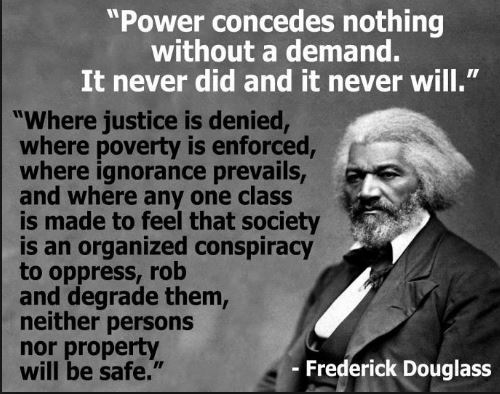Blog
Is there an invisible web of dark matter surrounding us? Its influence can be observed across the cosmos, but the web remains unseen… for the most part. This Picture of the Week shows the clearest image yet of a filament from this cosmic web. The filament was imaged with ESO’s Very Large Telescope, and is shown here in purple overlaid on a background image from the NASA/ESA Hubble Space Telescope. Made of gas clumped together by the influence of dark matter, the filament stretches out for 3 million light-years, connecting two distant galaxies in the early Universe.
Around 85% of all matter in the Universe is actually dark matter. Dark matter is invisible, but the gas around it is not. This gas glows extremely faintly though, making these structures very difficult to observe. But after about 150 hours of observations, a team of astronomers led by Davide Tornotti, a PhD student at the University of Milano-Bicocca in Italy, managed to take this sharp image of a cosmic filament. This was possible thanks to the exceptional sensitivity of the MUSEinstrument at the VLT, which has become a workhorse instrument at imaging the cosmic web.
The light from this filament took 11 billion years to reach us, and it shows exactly what theory predicted. In the early Universe, filaments of dark matter could have created a large web that entangled gas through their gravitational pull. Once gas accumulated at the intersection between filaments, it would have provided the fuel necessary to form galaxies. As we observe more of these mysterious filaments, what else will we find trapped within this dark web?
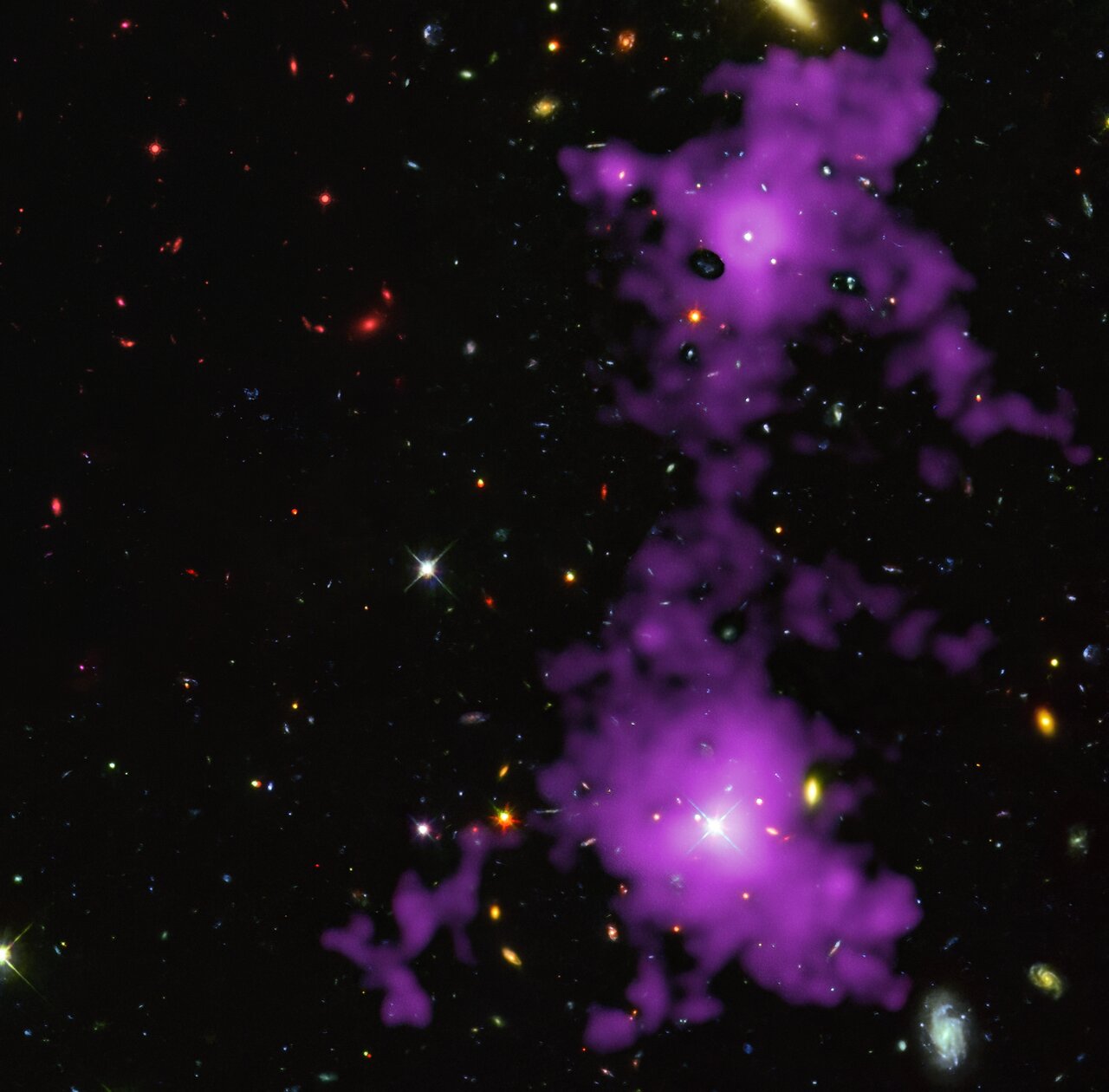
Melanie Anne Safka Schekeryk (February 3, 1947 – January 23, 2024 NY), professionally known as Melanie or Melanie Safka, was an American singer-songwriter.
Melanie is widely known for the 1971–72 global hit “Brand New Key“, her 1970 version of the Rolling Stones’ “Ruby Tuesday“, her composition “What Have They Done to My Song Ma“, and her 1970 international breakthrough hit “Lay Down (Candles in the Rain)“, which was inspired by her experience of performing at the 1969 Woodstockmusic festival.
more...Eugene Edward “Snooky” Young (February 3, 1919 – May 11, 2011 Dayton, OH) was an American jazz trumpeter. He was known for his mastery of the plunger mute, with which he was able to create a wide range of sounds.
Young was lead trumpeter of the Jimmie Lunceford band from 1939 to 1942. He played with Count Basie (three stints totalling eight years), Gerald Wilson and Lionel Hampton, among others, and was an original member of the Thad Jones/Mel Lewis Big Band.
His longest engagement was with NBC, where, as a studio trumpeter, he joined The Tonight Show Band in 1967 and remained with them until 1992, when the band was replaced by a new, smaller group.
He was part of the touring ensemble, the “Now Generation Brass”, that traveled with Doc Severinsen, which included other jazz greats such as reed man Lew Tabackin, drummer Ed Shaughnessy, saxophonist & arranger Tommy Newsom as well as singer Robert Ozn. Young went on to performing live concert dates, corporate events, and headlining shows in the main rooms of Las Vegas. The one nighters usually occurred on Fridays, Saturdays, or Sundays, as Severinsen was committed to The Tonight Show on weeknights.
more...John Watson Jr. (February 3, 1935 – May 17, 1996), often known professionally as
Johnny “Guitar” Watson, was an American musician. A flamboyant showman and electric guitarist in the style of T-Bone Walker, his recording career spanned 40 years, and encompassed rhythm and blues, funk and soul music.
Watson recorded throughout the 1950s and 1960s with some success. His 1954 instrumental single “Space Guitar” was the first of his recordings to showcase his electric guitar playing. His creative self-reinvention in the 1970s, with funk overtones, saw Watson have hits with “Ain’t That a Bitch” and “Superman Lover”. His highest charting single was 1977’s “A Real Mother for Ya”.
more...Lillian Hardin Armstrong (née Hardin; February 3, 1898 – August 27, 1971) was an American jazz pianist, composer, arranger, singer, and bandleader. She was the second wife of Louis Armstrong, with whom she collaborated on many recordings in the 1920s.
Her compositions include “Struttin’ with Some Barbecue”, “Don’t Jive Me”, “Two Deuces”, “Knee Drops”, “Doin’ the Suzie-Q”, “Just for a Thrill” (which was a hit when revived by Ray Charles in 1959), “Clip Joint”, and “Bad Boy” (a hit for the Jive Bombers in 1957). Armstrong was inducted into the Memphis Music Hall of Fame in 2014.
more...Jakob Ludwig Felix Mendelssohn Bartholdy (3 February 1809 – 4 November 1847), widely known as Felix Mendelssohn, was a German composer, pianist, organist and conductor of the early Romantic period. Mendelssohn’s compositions include symphonies, concertos, piano music, organ music and chamber music. His best-known works include the overture and incidental music for A Midsummer Night’s Dream (which includes his “Wedding March“), the Italian and Scottish Symphonies, the oratorios St. Paul and Elijah, the Hebrides Overture, the mature Violin Concerto, the String Octet, and the melody used in the Christmas carol “Hark! The Herald Angels Sing“. Mendelssohn’s Songs Without Words are his most famous solo piano compositions.
Mendelssohn’s grandfather was the Jewish philosopher Moses Mendelssohn, but Felix was initially raised without religion until he was baptised aged seven into the Reformed Christian church. He was recognised early as a musical prodigy, but his parents were cautious and did not seek to capitalise on his talent. His sister Fanny Mendelssohnreceived a similar musical education and was a talented composer and pianist in her own right; some of her early songs were published under her brother’s name and her Easter Sonata was for a time mistakenly attributed to him after being lost and rediscovered in the 1970s.
Mendelssohn enjoyed early success in Germany, and revived interest in the music of Johann Sebastian Bach, notably with his performance of the St Matthew Passion in 1829. He became well received in his travels throughout Europe as a composer, conductor and soloist; his ten visits to Britain – during which many of his major works were premiered – form an important part of his adult career. His essentially conservative musical tastes set him apart from more adventurous musical contemporaries, such as Franz Liszt, Richard Wagner, Charles-Valentin Alkan and Hector Berlioz. The Leipzig Conservatory, which he founded, became a bastion of this anti-radical outlook. After a long period of relative denigration due to changing musical tastes and antisemitism in the late 19th and early 20th centuries, his creative originality has been re-evaluated. He is now among the most popular composers of the Romantic era. Mendelssohn suffered from poor health in the final years of his life, probably aggravated by nervous problems and overwork. A final tour of England left him exhausted and ill, and the death of his sister, Fanny, on 14 May 1847, caused him further distress. Less than six months later, on 4 November, aged 38, Mendelssohn died in Leipzig after a series of strokes.
more...Punxsutawney Phil predicts 6 more winter weeks after waking up to see his shadow on Groundhog Day Sunday February 2nd 2025. The weather in Punxsutawney, Pennsylvania, during the announcement was partly cloudy with temperatures hovering at about 20 degrees Fahrenheit. Snow was expected later on Sunday. Phil’s actual prediction, however, takes place ahead of time in a place called Gobbler’s Knob, a small hill just outside of the town, and has done so each year since 1887. This year marks the 139th time the event has occurred, according to the Pennsylvania Tourism Office.
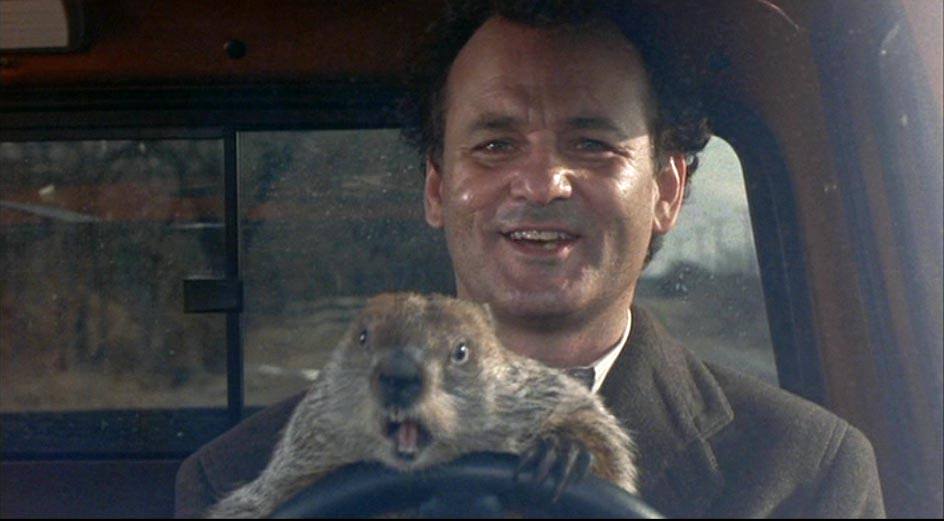
A Tarantula web appear as a chaotic mass of silk and a similar region exists in space with a Tarantula like shape in the middle of it all! However, the web is spun to give birth rather than to end life as in the case of our Earth resident Theraphosidae. Several million young stars reside in a region of frenzied star birth known as 30 Doradus. Located 170,000 light-years away in the heart of the Tarantula Nebula, 30 Doradus is part of the Large Magellanic Cloud, a small, satellite galaxy of our Milky Way. It is the brightest star-forming region visible in a neighbouring galaxy, and it is home to the most massive stars ever seen….
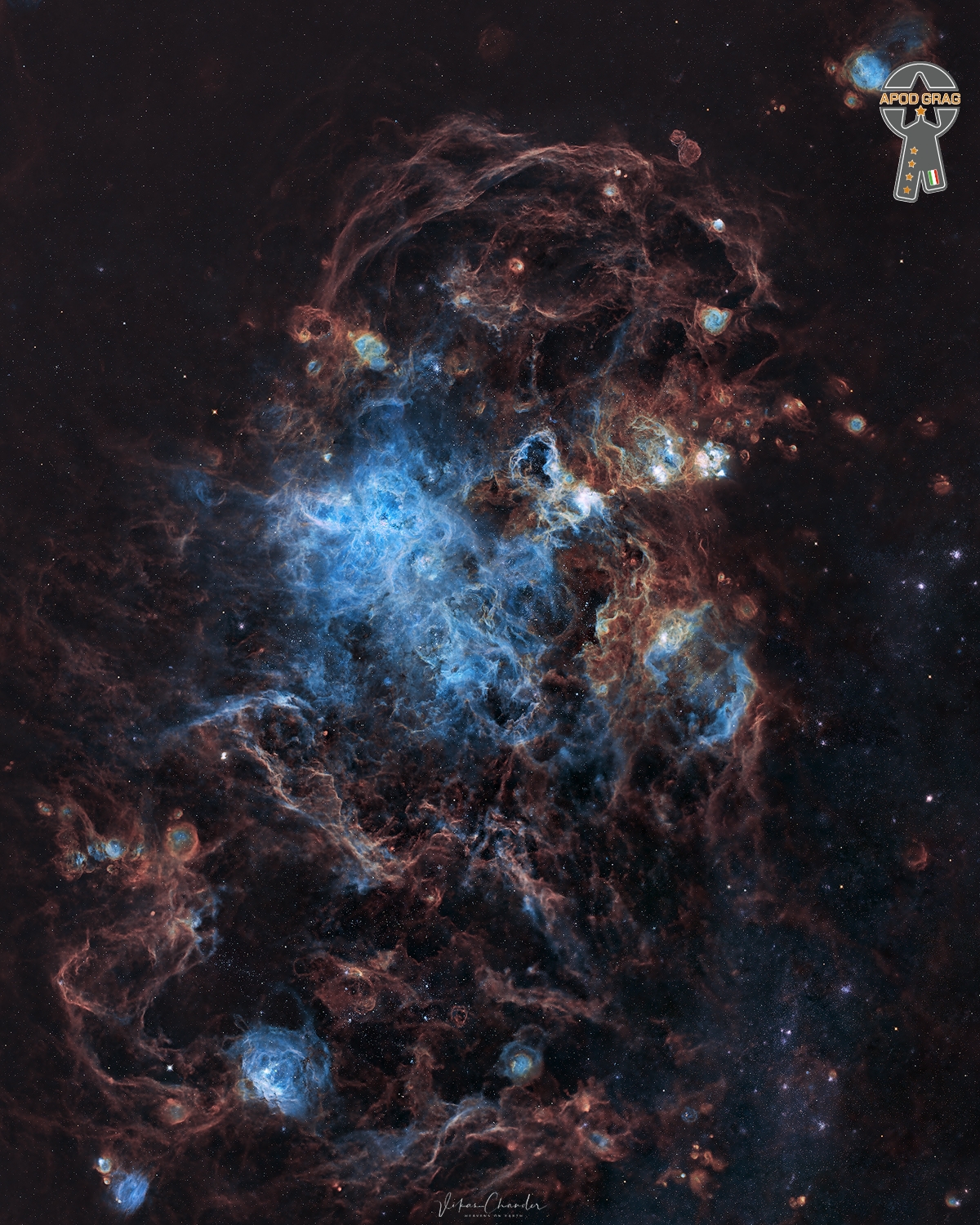
Alphonso Johnson (born February 2, 1951 Philadelphia) is an American jazz bassist active since the early 1970s. Johnson was a member of the jazz fusion group Weather Report from 1973 to 1975, and has performed and recorded with numerous high-profile rock and jazz acts including Santana, Phil Collins, members of the Grateful Dead, Steve Kimock, and Chet Baker.
more...Graham William Nash OBE (born 2 February 1942) is an English-Americanmusician, singer and songwriter. He is known for his light tenor voice and for his contributions as a member of the Hollies and Crosby, Stills & Nash.
Nash is a photography collector, a published photographer, and digital image printing pioneer. He was inducted into the Rock and Roll Hall of Fame as a member of Crosby, Stills & Nash in 1997 and as a member of the Hollies in 2010. He was appointed an Officer of the Order of the British Empire (OBE) in the 2010 Birthday Honours List for services to music and to charity.
Nash holds four honorary doctorates, including one from the New York Institute of Technology, one in music from the University of Salford in 2011 and one in fine arts from Lesley University in Cambridge, Massachusetts.
more...Stan Getz (born Stanley Gayetski; February 2, 1927 – June 6, 1991 Philadelphia) was an American jazz saxophonist. Playing primarily the tenor saxophone, Getz was known as “The Sound” because of his warm, lyrical tone, with his prime influence being the wispy, mellow timbre of his idol, Lester Young. Coming to prominence in the late 1940s with Woody Herman‘s big band, Getz is described by critic Scott Yanow as “one of the all-time great tenor saxophonists”. Getz performed in bebop and cool jazz groups. Influenced by João Gilberto and Antônio Carlos Jobim, he also helped popularize bossa nova in the United States with the hit 1964 single “The Girl from Ipanema“.
more...Sonny Stitt (born Edward Hammond Boatner Jr.; February 2, 1924 – July 22, 1982 Boston) was an American jazz saxophonist of the bebop/hard bop idiom. Known for his warm tone, he was one of the best-documented saxophonists of his generation, recording more than 100 albums. He was nicknamed the “Lone Wolf” by jazz critic Dan Morgenstern because of his tendency to rarely work with the same musicians for long despite his relentless touring and devotion to the craft. Stitt was sometimes viewed as a Charlie Parker mimic, especially earlier in his career, but gradually came to develop his own sound and style, particularly when performing on tenor saxophone and even occasionally baritone saxophone.
more...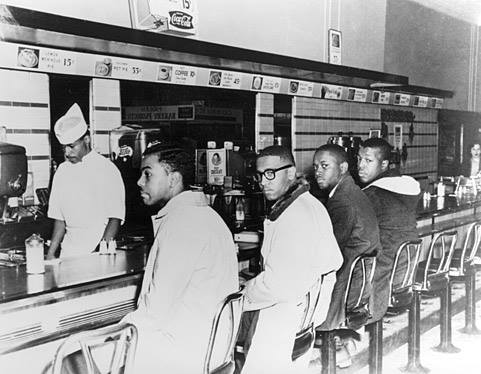
More Posts
- Anita Pointer Memorial
- Cosmos NGC 6956
- Trombone Shorty
- Ari Brown
- Frank Morocco
- World Music Tribute Demarcação Já
- Daily Roots Black Survivors
- HAPPY NEW YEAR 2023
- Cosmos M8
- Alpha Blonde
- Milt Jackson
- Slim Gaillard
- Xavier Cugot
- World Music Fanfare Ciocarlia
- Daily Roots Carlene Davis
- HAPPY NEW YEAR 2023
- Cosmos Abell 21
- Jimmy Haslip
- Bobby Notkoff
- Jonah Jones
